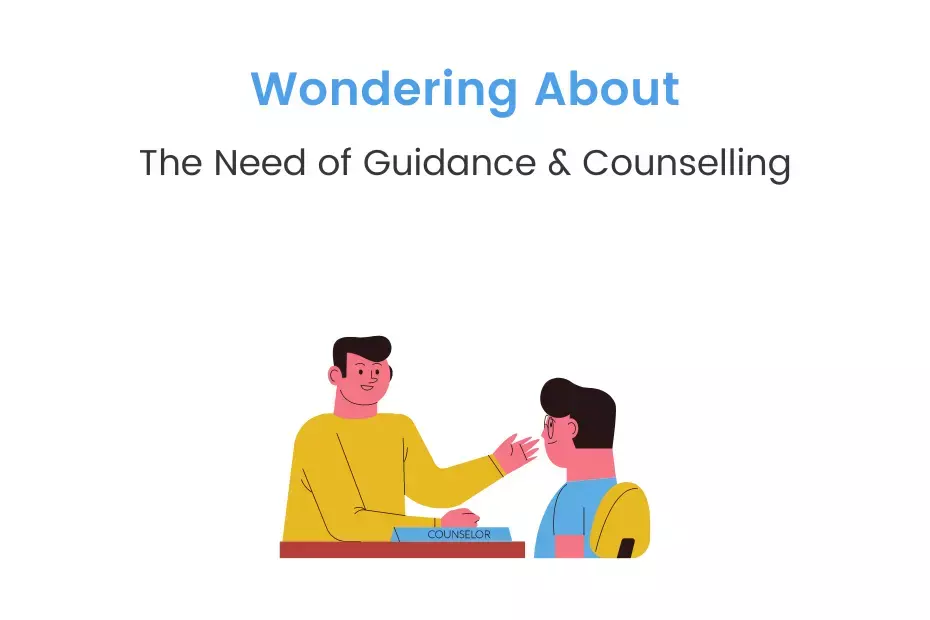Embarking on a new career journey or a career transition can be both exhilarating and daunting. Whether you’re a recent graduate stepping into the professional world or an experienced professional seeking a change, this guide is your compass to navigate career transitions successfully.
Let’s dive into this transformative process, addressing key aspects in a language that resonates with everyone.
Embracing Change
1. Understanding the Need for Change
Change is the only constant in life, and your career is no exception. Explore the signs that indicate it’s time for a career transition and embrace the opportunities that change can bring.
2. Assessing Your Skills and Passions
Uncover the intersection between your skills and passions. Identifying what you love to do and what you excel at lays the foundation for a fulfilling career transition.

Crafting Your Career Transition Plan
Crafting Your Career Transition Plan
3. Setting Clear Goals
Define your career objectives with clarity. Establish short-term and long-term goals that act as milestones on your journey through the transition.
4. Exploring New Opportunities
Venture into uncharted territories. Research industries, roles, and companies that align with your goals. Be open to possibilities you might not have considered before.
5. Networking Strategies
Networking is a powerful tool in career transitions. Learn effective strategies to expand your professional network, both online and offline, and leverage it for opportunities.

Overcoming Challenges
6. Dealing with Fear and Uncertainty
Change often brings fear and uncertainty. Acknowledge these feelings and discover strategies to overcome them, turning them into catalysts for growth.
7. Handling Setbacks
Setbacks are a natural part of any journey. Learn how to navigate through them, building resilience and using setbacks as stepping stones toward success.

Reskilling and Upskilling
8. Identifying Necessary Skills
Assess the skills demanded in your target industry. Identify any gaps in your skillset and take proactive steps to acquire the necessary knowledge and expertise.
9. Online Learning Resources
Explore the wealth of online learning platforms available. From courses to webinars, discover resources that facilitate your learning and development during the transition.
Job Search and Application Process
10. Tailoring Your Resume and Cover Letter
Craft a compelling resume and cover letter tailored to your new career path. Highlight transferable skills and experiences that make you a valuable candidate.
11. Nailing the Interview
Master the art of interviews. From common questions to body language, equip yourself with the skills to leave a lasting impression on potential employers.

Conclusion
In conclusion, a successful career transition is a multi-faceted journey that involves self-reflection, planning, resilience, and continuous learning. By approaching it strategically and with an open mind, you can transform your career and unlock new opportunities for personal and professional growth.
Frequently Asked Questions (FAQs)
1. How Do I Know It’s Time for a Career Transition?
Signs such as lack of passion, persistent dissatisfaction, or a desire for new challenges indicate it might be time for a career change. Listen to your instincts and evaluate your current satisfaction levels.
2. Can I Make a Career Transition Without Relevant Experience?
Yes, you can. Highlight transferable skills and experiences in your resume. Additionally, consider gaining relevant experience through internships, volunteer work, or part-time positions in your target industry.
3. How Long Does a Successful Career Transition Take?
The duration varies, but patience is key. A successful career transition may take several months to a year, depending on factors like industry, job market, and the level of change involved.
4. How Can Networking Help in a Career Transition?
Networking opens doors to hidden opportunities. It connects you with professionals in your target industry, provides insights, and can even lead to job referrals. Attend industry events, join online forums, and be proactive in building meaningful connections.
5. What Role Does Continuous Learning Play in Career Transitions?
Continuous learning is crucial in adapting to evolving industries. Acquiring new skills not only enhances your marketability but also demonstrates your commitment to growth and development. Invest in lifelong learning for sustained career success.
Read more At: Change is Here: 10 Bold Businesses in the Booming Indian Market









